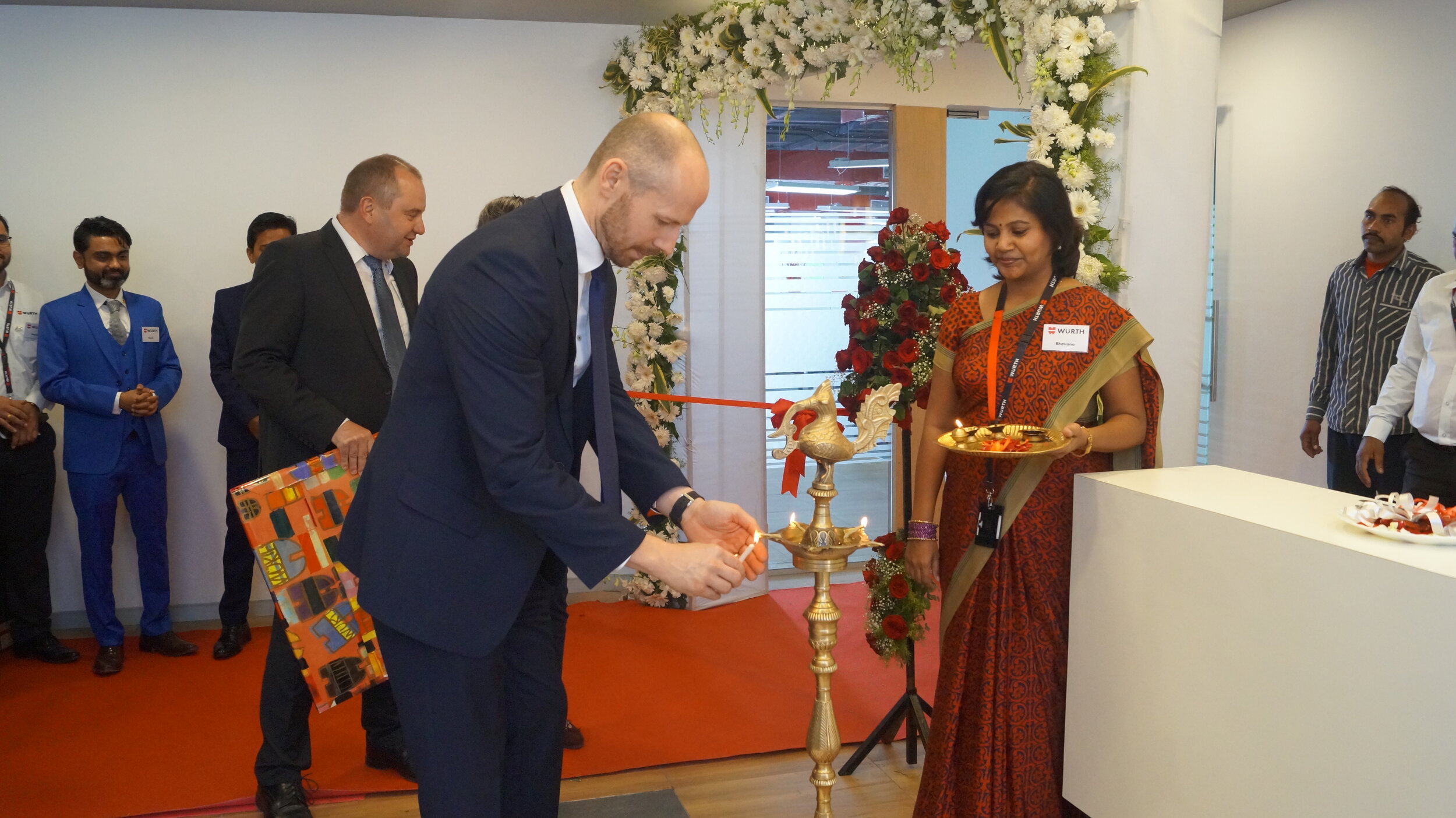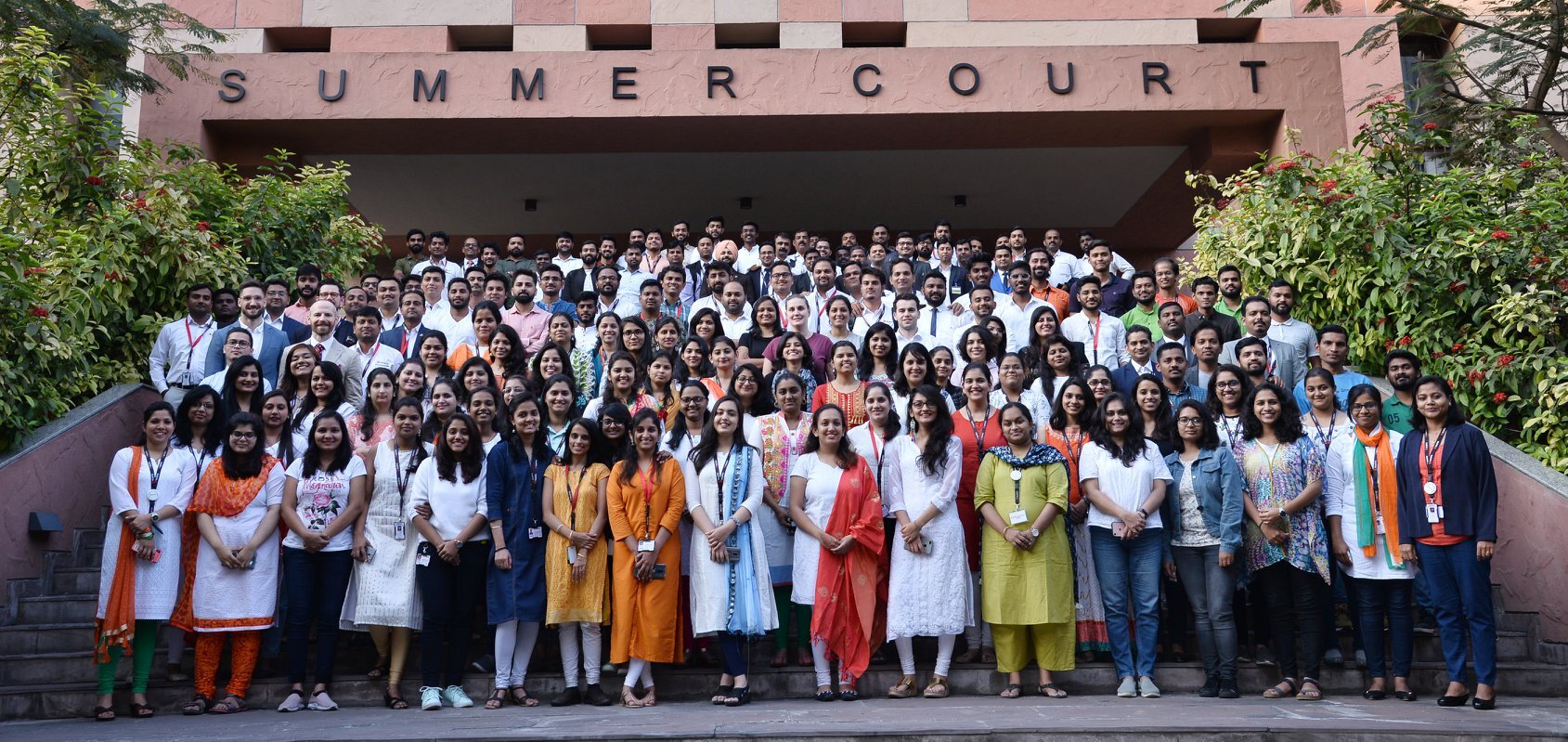Wondering how much you can really save on your personnel costs if you out-source to India? Or have you started recruiting staff for your Indian branch and are you wondering what a realistic salary proposal is? These are the average salaries in India: From university graduates to telemarketers and skilled tradespeople. Please note that these are averages regardless of the experience, education, sector and location of the candidate.
Despite the fact that the average wages in India are still a lot lower than in Europe, the average monthly salary has risen rapidly in recent years. While the average salary was ₹19,492 (€221) in 2016, it has now almost doubled to ₹31,900 (€362). This sounds very advantageous, but this average also includes the very low salaries of the many Indian farm workers. As a foreign company, you cannot rely on this average. Depending on the region where you are located, the average salary will be higher or lower. Foreign companies are often looking for staff around the big cities and those salaries are a lot higher. For instance, in Mumbai, the average salary is ₹66,900 (€760), while in Chandigargh, a much smaller city, it is only ₹43,900 (€499).
Average salary in India based on experience, education and function
A candidate's level of education and experience obviously affect salary. In general, Indian workers with two to five years of experience earn on average 32% more than freshers and juniors across all sectors. Professionals with more than five years of experience earn on average 36% more than those with five years or less of work experience. When reaching ten years within a sector, salaries increase by 21% and by a further 14% when reaching 15 years or more of experience. Not only the years of experience count, but also changing jobs has an influence. Every time a person changes jobs, the salary increases by 30-35%. An important point to consider in the recruitment process.
Of course, several aspects play a role in determining salary, such as education, position and location. In India, employees with a basic education earn on average 17% more than colleagues who have only completed secondary school. A Bachelor's degree increases the salary by an average of 24% and a Master's degree by another 29%. There is also a big difference between the different regions. In the big cities, the cost of living is much higher than in more rural areas. Salaries are, of course, adjusted accordingly.
To get an idea of average salaries of different jobs and sectors, we have put together some examples. Please note that these are only examples and the experience, education, sector and location of the suitable candidate are not included in the examples below. Would you like more insight into the possible salary costs for your Indian entity? Please contact our experts, they can advise you on realistic salary proposals based on the sector you are active in, your location and your specific requirements.
Fight turnover with a competitive salary offer
In India, many companies suffer from high staff turnover. To attract and retain talented employees, it is very important that your salary is equal to or higher than the average salary for that position in India. In addition, you must comply with the rules of the Indian employment arena. Legal assistance in drafting employment contracts and conditions is therefore no luxury. It is also advisable to seek practical advice on best practices, so that the policy is not only legally compliant, but also HR-friendly. IndiaConnected is happy to support you in this process, including the recruitment and selection process and contract negotiations.




